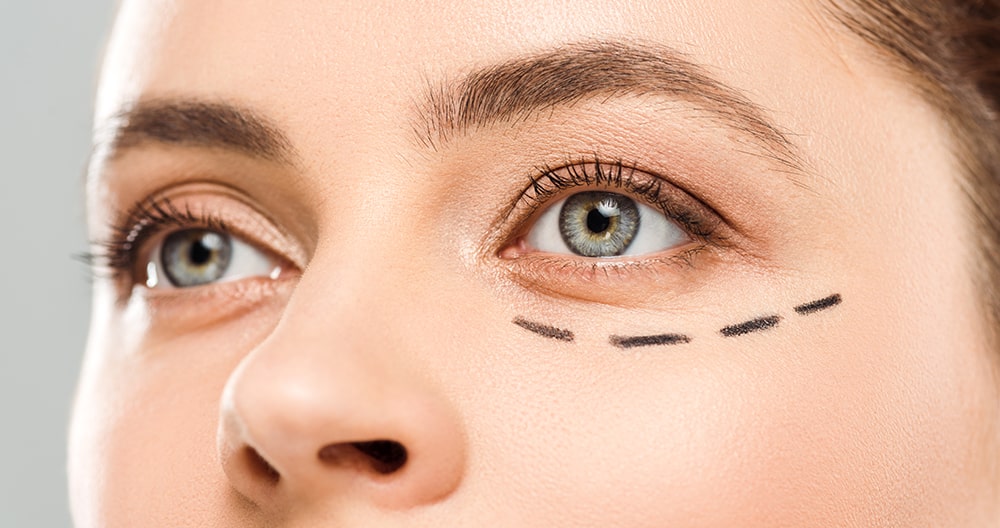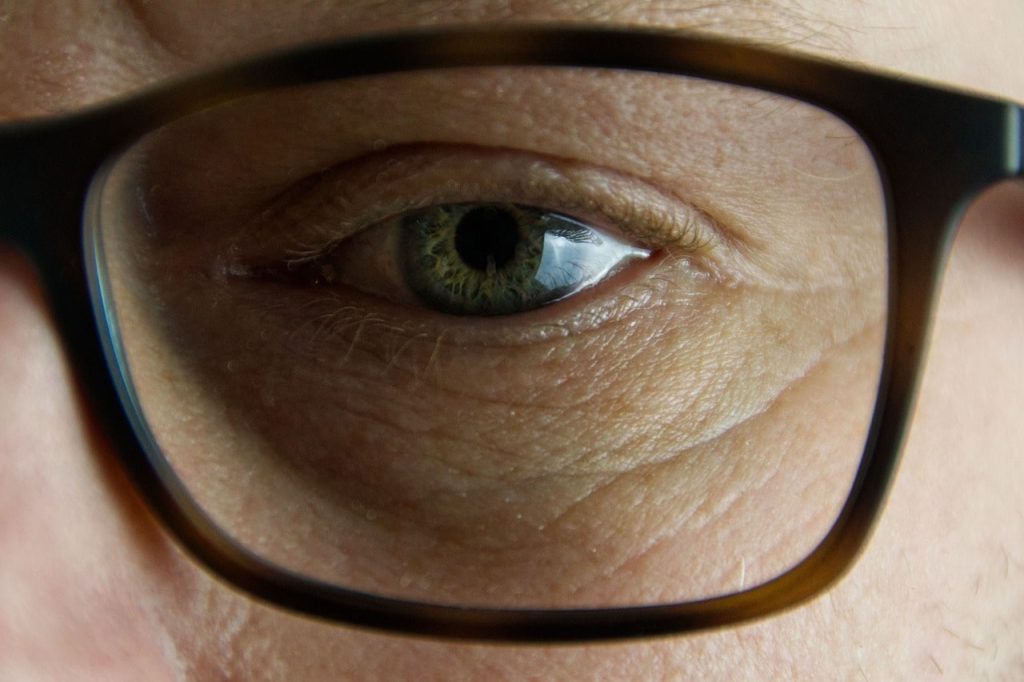What is Inflammatory Orbital Disease?
Inflammatory orbital disease, also called idiopathic orbital inflammatory syndrome and non-specific orbital inflammation, refers to eye disorders that involve the orbit. The orbit is the cavity in your skull that acts like a socket and contains the eyeball and supporting muscles and blood vessels.
Inflammatory orbital disease can affect the tear (lacrimal) glands, eyelids, optic nerve, sclera (white part of your eye), and uvea (iris, choroid, ciliary body).
What are the Different Types of Inflammatory Orbital Disease?
There are different types of inflammatory orbital disease based on the region that is affected in your eye. These include:
- Dacryoadenitis: Inflammation of the lacrimal gland
- Orbital myositis: Inflammation of the extraocular muscles
- Cellulitis: Inflammation of the orbital fat
- Optic perineuritis: Inflammation of the optic nerve and nerve sheath
- Scleritis: Inflammation of the sclera
- Uveitis: Inflammation of the uvea
What are the Causes of Inflammatory Orbital Disease?
Inflammatory orbital disease occurs due to an underlying condition. These conditions may include:
- Tumour
- Infection
- Trauma
- Vascular(blood vessel) malformation
- Chronic underlying conditions such as thyroid
What are the Signs and Symptoms of Inflammatory Orbital Disease?
The common signs and symptoms of inflammatory orbital disease include:
- Swollen eyelids
- Tenderness
- Redness
- Pain
- Slight dislocation or an abnormal bulging of the eyeball
- Difficulty moving the eyeball/restricted eye movement
- Itching/eye irritation
How is Inflammatory Orbital Disease Diagnosed?
Inflammatory orbital disease is diagnosed based on the patient’s medical history, eye examination, laboratory tests, and imaging studies such as an orbital MRI (magnetic resonance imaging) or CT (computed tomography) scan.
A sample of your eye tissue (biopsy) may also be taken to identify the exact cause and determine the underlying pathology.
What are the Treatment Options for Inflammatory Orbital Disease?
The goal of inflammatory orbital disease treatment is to:
- Retain or improve your vision and,
- Reduce ocular inflammation
The first line of treatment involves the use of immunomodulatory agents such as corticosteroid therapy which act on the immune system and reduce eye inflammation.
The other treatment option may include radiation therapy (radiotherapy).
How can you Prevent Inflammatory Orbital Disease?
You can minimize your chances of developing an inflammatory orbital disease through the following measures:
- Consume a nutritious diet
- Stay fit and maintain your weight
- Monitor your blood sugar and blood pressure
- Go for timely eye check-ups






















